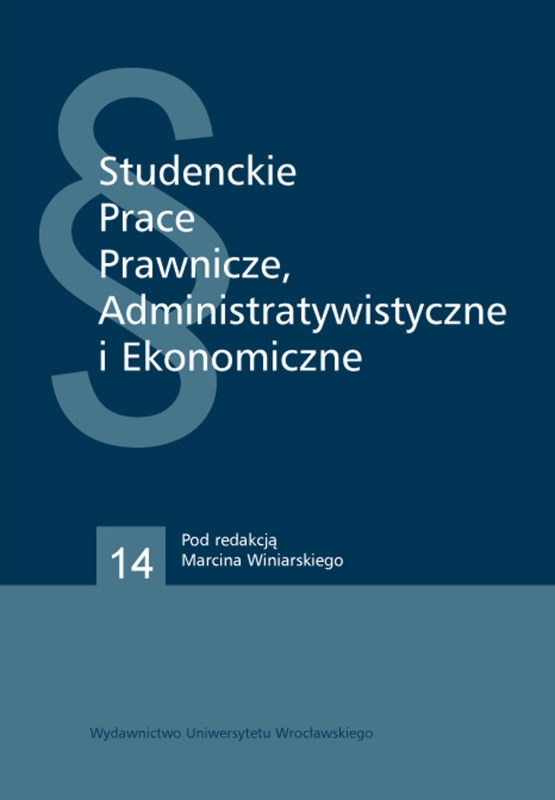

Artykuły

Securing tax dues by means of compulsory mortgage
The subject of this article is securing tax dues by means of compulsory mortgage. It is a solution that has been applied for the longest time out of all available forms of securing tax dues in tax law. Initially, it had a form of statutory mortgage. This solution was adopted both in tax liability law and in Tax Ordinance Act. Since 2001, the lawmaker has decided to apply securing tax dues through compulsory mortgage. The author points out that, as regards the aims of compulsory mortgage, the legal structure of it goes beyond the possibility of regulation by applying competence norm. Therefore, the Tax Ordinance Act regulates compulsory mortgage partially, referring to the application of The Land and Mortgage Registers and Mortgage Act. The article also presents legal solutions based on the amendment of The Land and Mortgage Registers and Mortgage Act 26 Dec 2009 and evaluates them. In the author’s opinion, compulsory mortgage is a strong legal instrument used to secure tax charges. It is reflected in its subjective and objective scope, as well as in effects caused by establishing compulsory mortgage for the matter of interruption of the limitation of charges secured by it. The article also describes the procedure of establishing compulsory mortgage and describes in details the methods of its expiration and fulfillment. It points out the need for possible extension of mortgage foreclosure procedure conducted by a wider range of administrative bodies than in the current legal status, which could improve the process of retrieving tax dues.